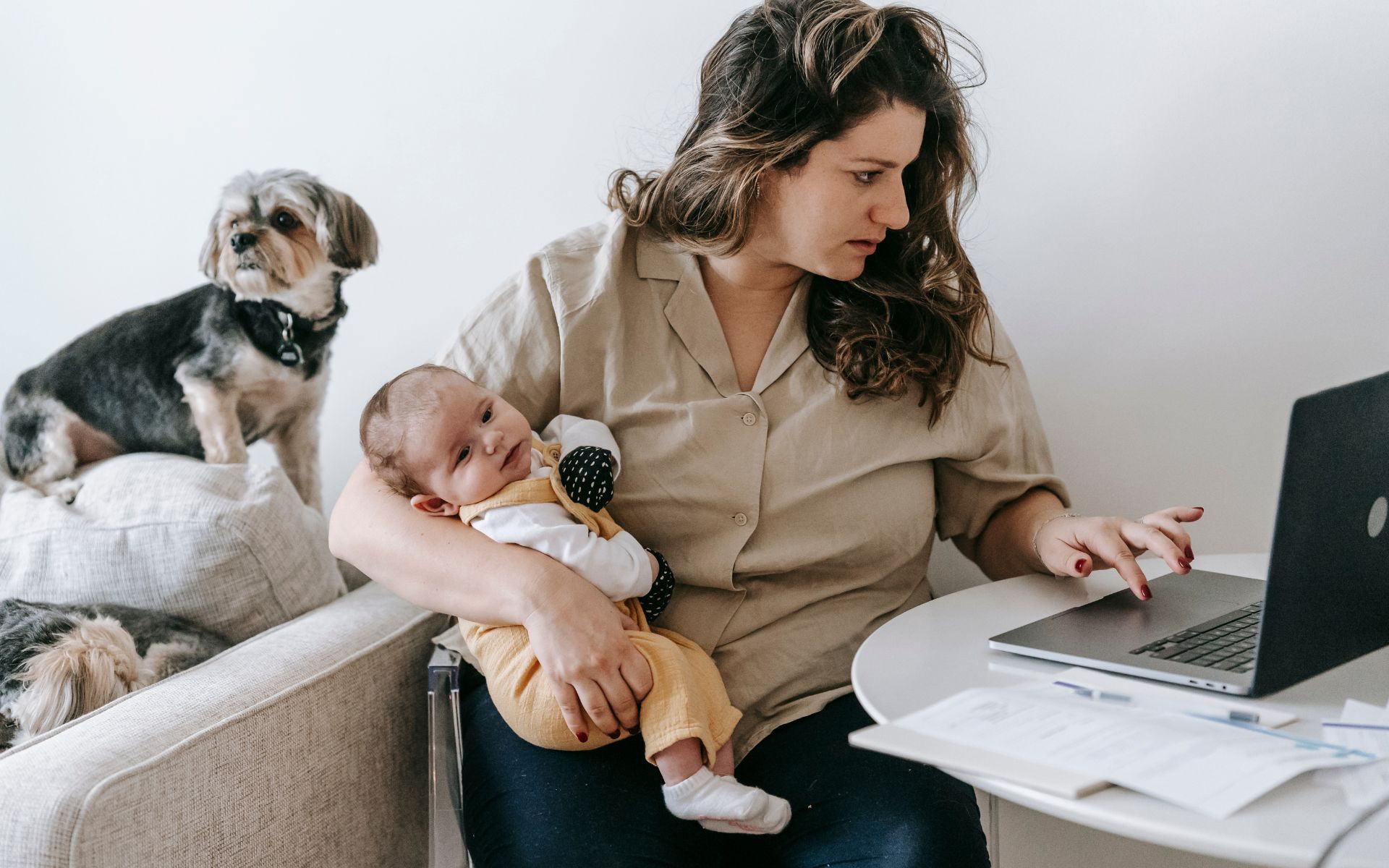12. Be Patient
Pets are creatures of habit, and bringing a new addition to the family can disrupt their routine. Some pets may feel anxious or confused when they see a new baby in the house. Hence, it’s crucial to exercise patience and allow your pet sufficient time to adapt to the new surroundings and the newest addition to the family. Don’t rush the introduction process; allow your pet to approach the baby at its own pace.
Being patient also means giving your pet attention and affection during this transition period. Your pet may feel neglected or jealous with a new baby in the house. It’s still crucial to prioritize giving your pet the love and attention they need and deserve, even with the arrival of a new family member. Allocate a specific time each day to engage with your pet, whether playing together or going for a walk.
Every pet has unique traits, and their reaction to a new baby may vary. Some pets may protect the baby, while others may become anxious or aggressive. Being patient means being observant and understanding your pet’s behavior. It is vital to take action and seek professional assistance if your pet exhibits signs of anxiety or aggression.
Introducing your pet to your newborn can be challenging, but it is essential for ensuring a safe and harmonious home environment. By following the tips discussed in this article, such as being patient, respecting your pet’s boundaries, avoiding punishment, and practicing positive reinforcement, you can make the introduction process a positive and successful experience for your pet and your newborn. Remember that every pet is different, and the introduction process may take longer for some than others. However, with time, patience, and consistency, your pet can learn to accept and love their new family member. By prioritizing your pet’s and your newborn’s well-being, you can create a happy and loving home for everyone.

